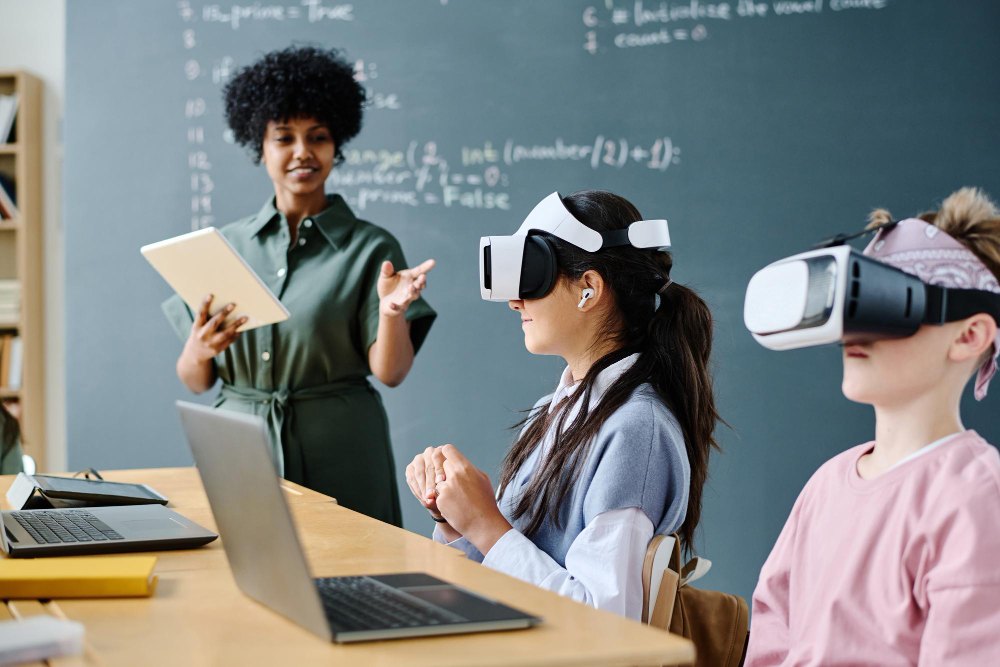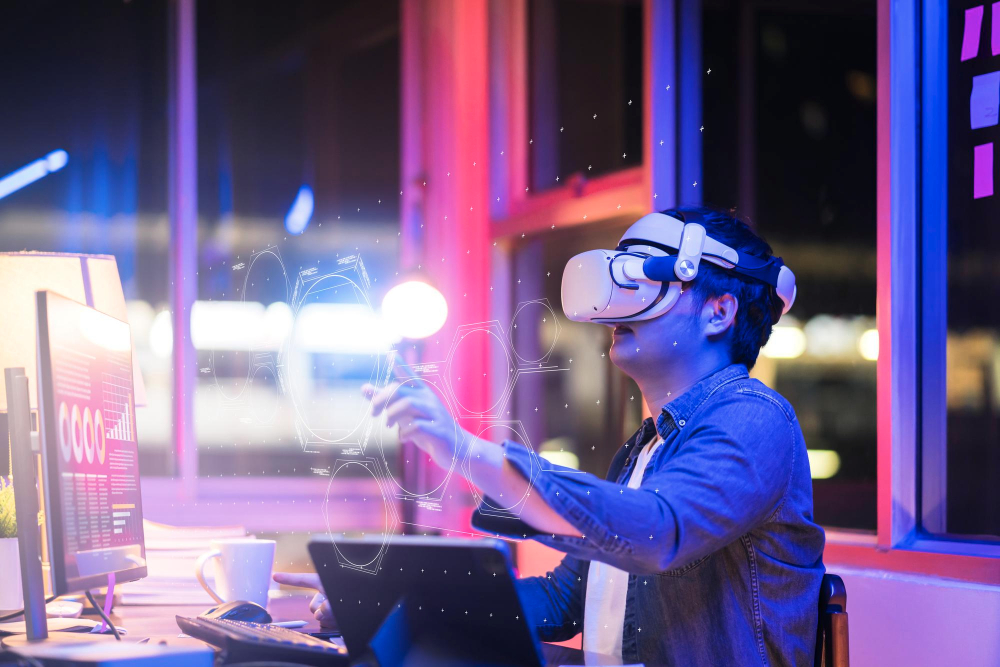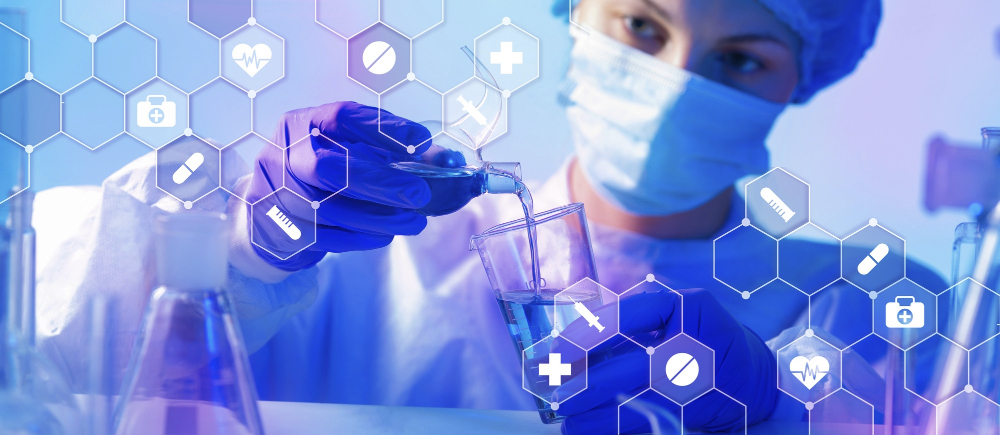The pharmaceutical industry is a pillar of contemporary healthcare and is constantly evolving to meet the demands of medical science. It is critical to stay current with the laws, rules, and procedures in this fast-paced industry. Learning Management Systems (LMS) have emerged as a game-changing tool in the pharmaceutical education landscape, demonstrating how technology can be used to streamline education and compliance.
The Dynamic Pharmaceutical Landscape
The pharmaceutical industry operates in an environment characterized by rigorous regulations, complex research, and rapid advancements. In order to keep up with the most recent discoveries, professionals must actively pursue new medications, therapies, and treatments. Additionally, to further ensure the security and effectiveness of pharmaceutical products, strict adherence to regulatory bodies like the FDA is essential.
Enter the Learning Management System
The delivery and consumption of pharmaceutical education have been revolutionized by learning management systems. These online platforms provide an all-inclusive method of organizing, distributing, and monitoring educational content. With a flexible and user-centered approach, LMS goes beyond traditional classroom learning.
- Tailored Learning Paths
The ability to design personalized learning paths is one of the LMS’s unique features for pharmaceutical education. Different positions within the pharmaceutical industry call for particular knowledge and skill sets. LMS enables organizations to modify courses in accordance with the needs of specific students, guaranteeing that each learner acquires the precise skills necessary for their role.
- Compliance Training
The foundation of the pharmaceutical sector is compliance. To guarantee patient safety and product quality, regulatory agencies set strict standards. Employees can access the most recent information and regulations thanks to the LMS’s centralized platform for compliance training delivery. Pharmacists can lower the risk of non-compliance by staying informed about changing regulations with LMS.
- Engaging Learning Materials
Gone are the days of monotonous text-based learning. The use of gamified assessments, interactive quizzes, and multimedia components in LMSs engages students and improves information retention. Complex concepts can be easily understood in pharmaceutical education through immersive videos, infographics, and interactive simulations, which makes learning fun and efficient.
- Virtual Laboratories
The pharmaceutical industry relies heavily on laboratory work to comprehend drug development procedures, testing standards, and quality assurance. LMS can simulate laboratory activities virtually, enabling students to conduct experiments, review the findings, and come to wise decisions in a virtual setting. This strategy not only improves education but also reduces the dangers related to actual laboratories.
- Real-time Progress Tracking
LMS offers real-time insights into progress to educators, administrators, and learners. This function is especially useful in pharmaceutical education, where it is crucial to keep track of skill advancement, course completion, and compliance training. Institutions can pinpoint a student’s strong points and areas that need more work, allowing for individualized guidance and support.
- Accessibility and Flexibility
The schedules of pharmaceutical professionals are frequently hectic. The flexibility of accessing learning materials from any location and on any device is provided by LMS. Learners can seamlessly continue their education whether they are in a classroom, office, or on the go. Because of this accessibility, learning is made to fit into their daily lives.
- Collaboration and Knowledge Sharing
Learning management systems (LMS) promote student cooperation by allowing them to participate in discussions, exchange ideas, and work together on projects. This feature promotes a culture of ongoing learning and knowledge sharing in the pharmaceutical industry, where teamwork is essential for successful research and development.
- Certification and Continuing Education
The pharmaceutical industry places a high value on certifications as a means of career advancement. Upon course completion, the LMS provides a platform for issuing certificates to validate the learned skills. By enabling professionals to enroll in advanced courses, LMS further promotes continuing education by ensuring that they stay abreast of new developments.
A Paradigm Shift in Pharmaceutical Education
The integration of Learning Management Systems into pharmaceutical education represents a paradigm shift. By offering effective, interesting, and compliant training, it addresses the particular difficulties faced by the sector. The pharmaceutical industry as a whole gains from educated professionals, simplified compliance, and enhanced patient care as pharmaceutical companies and educational institutions increasingly adopt this technology.
In conclusion, the cornerstones of success in the pharmaceutical sector are effectiveness and compliance. Learning management systems have sparked a transformation that is nothing short of amazing. Pharmacists are given the tools they need by LMS, which provides personalized learning paths, compliance training, interesting materials, and virtual labs, to stay knowledgeable, compliant, and effective in their jobs. LMS serves as a model of efficiency in the industry’s ongoing evolution, ensuring that learning is always at the fore of pharmaceutical advancement.



